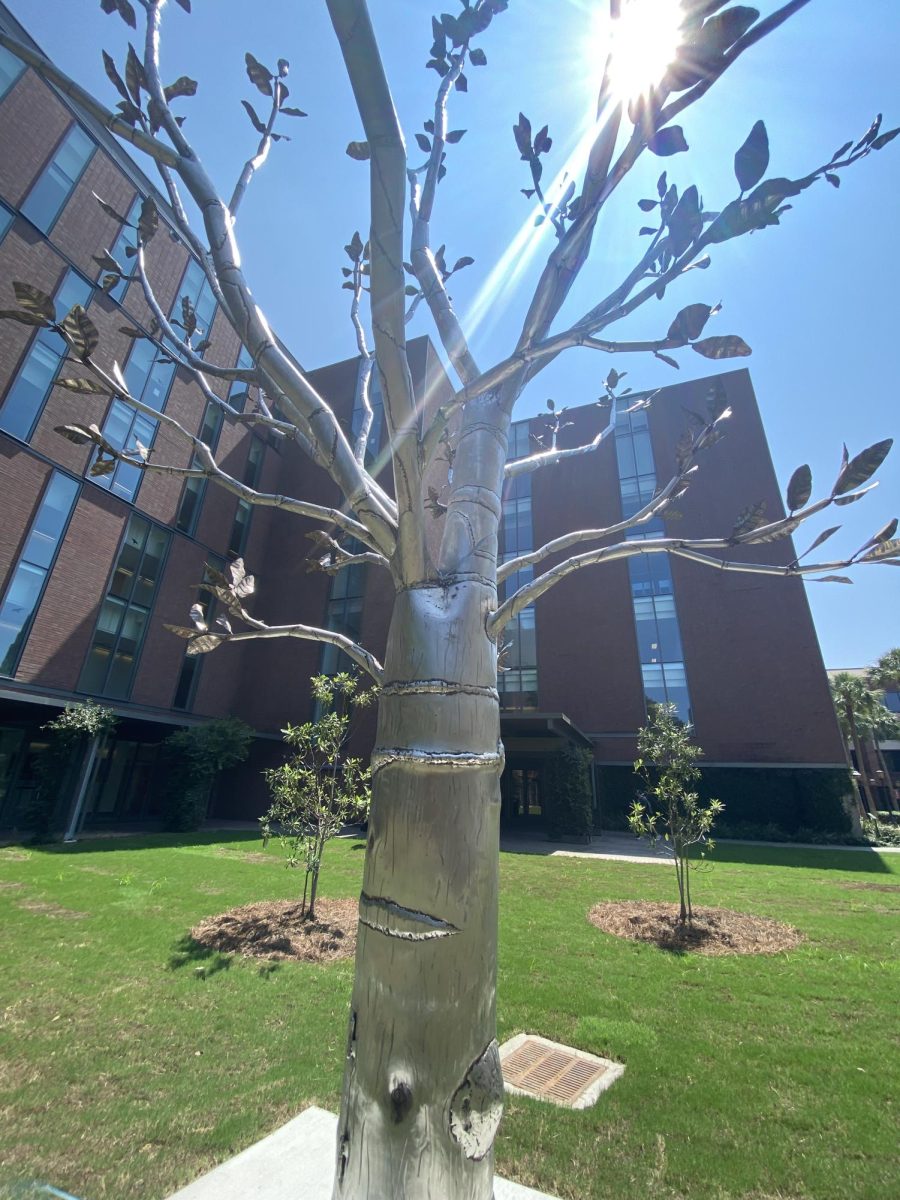During the month of October, the presidential nominees took center stage, battling it out over the economy, healthcare and foreign policy, but one topic stood untouched.
For the first time in over two decades environmental issues didn’t gain a spot in the presidential debates, according to Suzanne Goldenberg, an environment correspondent.
The issue didn’t go unnoticed by many Loyola students, who questioned the reasons behind it.
English sophomore, Gabrielle Gatto, believes the candidates purposively chose to skip over the topic.
“A lot of candidates have not been able to talk about environmental issues because they’re becoming so
large in our country and around the world,” said Gatto.
History sophomore, Lauren Ferand, heard the word environment once during the first debate.
She feels that the rate of unemployment and our economy are major factors in why the candidates chose to skip over environmental issues.
Both nominees are beholden to people who make large donations to their campaigns, who don’t want to believe climate change exists, according to Dr. Robert Thomas, director of Loyola’s Center for Environmental Communication.
“They’re all playing the game of speaking to people’s needs and desires that can be answered and staying away from controversial topics, certainly climate change and some other environmental issues fall under that category,” said
Thomas.
With the topic being forgone in the debates, students have found different ways to learn about the environmental platforms of the candidates.
Music composition junior Allen Hall is more familiar with Mitt Romney’s environmental platform.
Students not active in the campaign still find ways to learn about the candidates’ views.
Ferand has done research on both President Obama and Mitt Romney and feels knowledgeable about their environmental stances.
With both presidential nominees’ environmental platforms in mind, Thomas doesn’t feel he has the opportunity to vote for someone who is going to make a major difference in the environmental direction of our country.
“People tend to believe that democrats are more favorable
towards the environment and the republicans are less favorable. I certainly understand that argument but I’m not convinced if democrats get in office one more time that they’re going to pick up that environmental barrel and run with it,” said Thomas.
Despite both candidates’ decisions to avoid environmental issues, Gatto believes President Obama’s environmental policies will be most favorable at Loyola.
“I think there’s some real passion in his policies,” said Gatto. Hall doesn’t believe
the environmental views of either candidate would affect how Loyola students vote.
“Everyone’s just pro-Obama, it’s a very liberal campus,” said Hall.
Dawn Jiles can be reached at [email protected]





